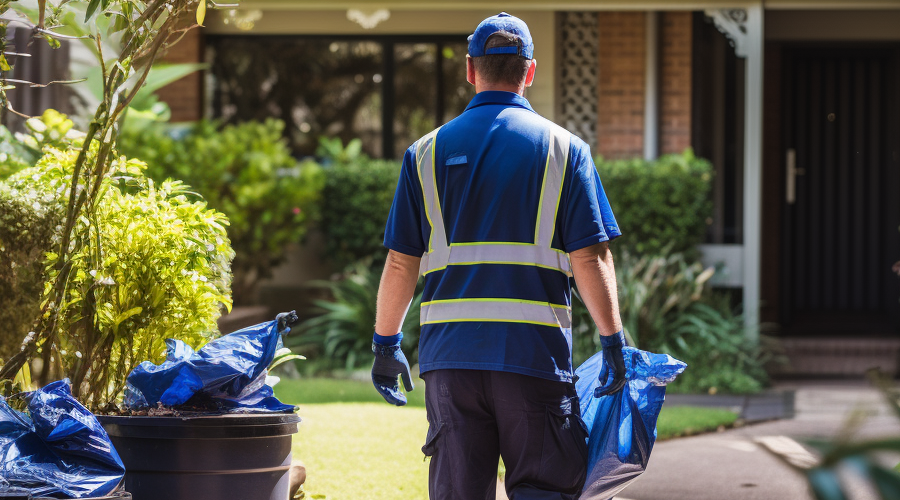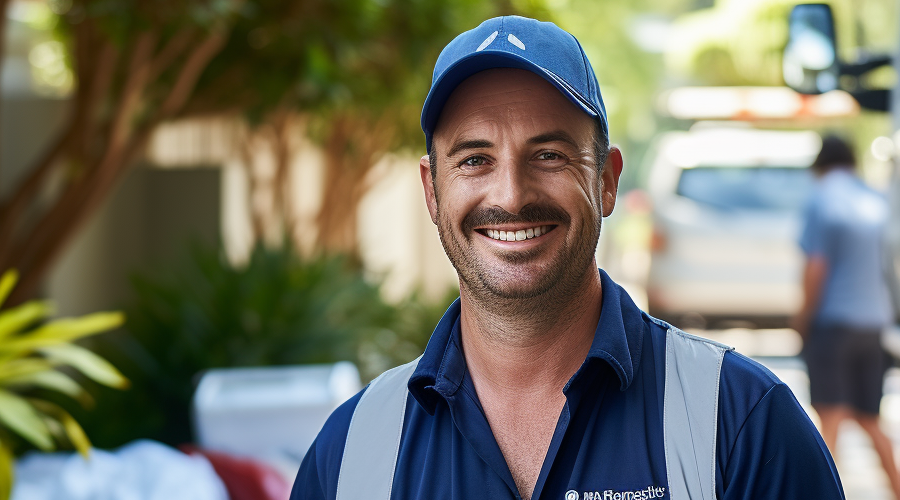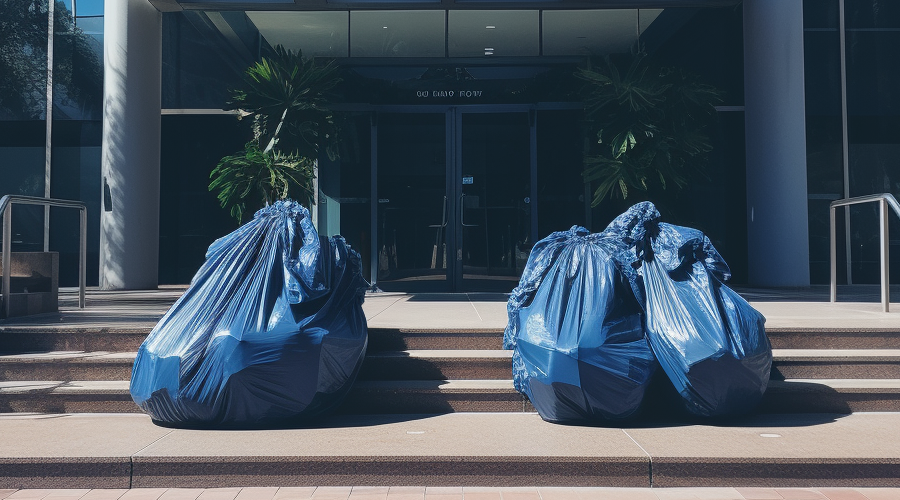Rubbish Removal and Its Environmental Impact
Taking Action for a Greener Future
Rubbish removal is something most of us take for granted.
We put our trash in bins, and it magically disappears from our homes and workplaces.
But where does it actually go, and what is the environmental impact of dealing with all that waste?
In this article, expert waste removalists will take a closer look at the life cycle of our garbage.
We will also explore some simple steps you can take to reduce your environmental footprint.
Rubbish is Piling Up
Much of this waste ends up in landfills and marine life, where it can take decades or even centuries to break down. As our population grows, we’re running out of places to safely dispose of rubbish and hazardous waste. Landfills are filling up, and new sites are harder to find as suburban sprawl encroaches everywhere.
Rotting waste like commercial waste in landfills releases methane, a potent greenhouse gas that contributes to climate change. Toxic chemicals can also leach into surrounding soil and waterways. This poses an adverse health effect to wildlife and human health, and other health risks.
Clearly, our current disposal of waste practices are unsustainable. The environmental impact of our throwaway culture and improper waste disposal is steadily accumulating. We urgently need to reduce, reuse, and recycle more.
1. Cut Down on Plastic Packaging
Plastic packaging makes up a large portion of household rubbish. It also persists for centuries in the environment. Take steps to reduce your plastic waste:
- Carry reusable shopping bags instead of using plastic bags from stores.
- Choose loose fruit and veg instead of pre-packaged options.
- Buy milk in returnable glass bottles rather than plastic or tetra packs.
- Avoid bottled water and drinks – use a reusable bottle instead.
- Look for products with minimal, recyclable, or eco-friendly packaging.
2. Compost Food Scraps
Organic waste like food scraps, garden clippings, and paper make up almost 50% of the average red bin. Keep these materials out of landfills by composting them at home. Compost provides free fertiliser for your garden and reduces methane emissions from landfills. Start a compost bin or sign up for council green waste collection.
3. Recycle Properly
Many recyclable materials still end up in landfills due to contamination. Ensure you’re recycling correctly:
- Don’t put recyclables in plastic bags. Place loose in the bin.
- Flatten boxes, bottles, and cans so they take up less space.
- Check with your council about what can and can’t be recycled locally.
- Rinse containers to remove food residue.
Working Together For a Waste-Free Future
Rubbish removal is just the final step in a product’s lifecycle. To make meaningful progress, we need systemic changes by governments and industry too. But our individual actions collectively send a message.
As consumers increasingly demand less packaging, more recyclable materials, and better waste management, suppliers will respond. With some creative thinking and minor habit changes, we can all help build a more circular economy where waste is minimised.
Our rubbish may disappear when the trucks collect it each week, but it leaves a lasting footprint. Being mindful about what we buy, use and throw away is one small step we can all take for the environment. The destination of our waste starts with the everyday choices we make at home.
Frequently Asked Questions
What percentage of landfill waste is made up of food scraps and garden clippings?
Around 50% – this organic waste can be composted instead.
Is it safe to put all recyclables loosely into the recycling bin?
No. Recyclables should be clean and unbagged. Check with your local council on what can and can’t be recycled.
What are the main environmental hazards posed by landfill waste?
Air pollution, water pollution, and environmental pollution from toxic leachate. Methane emissions contribute to climate change. Harm to surrounding wildlife like diseases and infections.
Conclusion
Our throwaway culture has piled up waste higher than ever before.
Landfills are overflowing, and new sites are scarce.
The environmental impacts and other negative impacts now threaten wildlife, climate, and public health. But pragmatic hope remains.
Through mindful consumption and proper disposal, we can stem the rubbish tide.
Choose reuse, recycle, and repair. Help leave the world better than we found it.
Our children will thank us.



